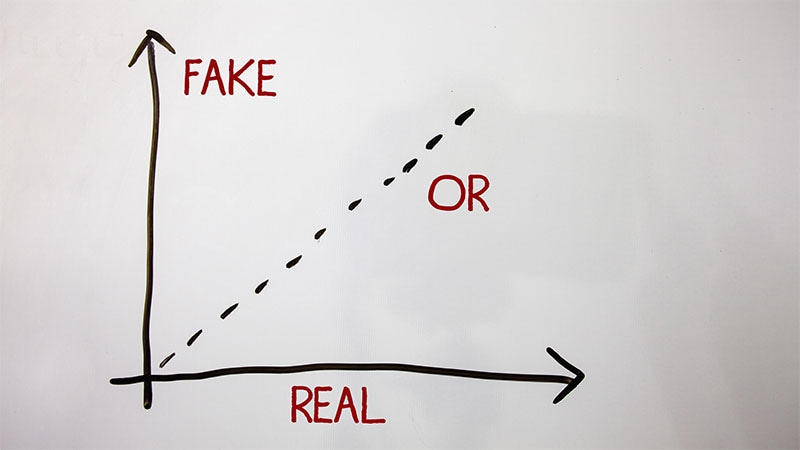A former postdoc at the National Cancer Institute faked 15 figures and a movie in grant applications, presentations, a paper, and an unpublished manuscript, according to a federal watchdog.
The finding from the U.S. Office of Research Integrity (ORI) comes more than a year after PLOS Biology retracted a 2016 paper and noted that the National Institutes of Health (NIH) had found that the postdoc, Ritankar Majumdar, committed misconduct and faked data in two figures.
The same day, the journal republished a revised version without the faked data. The retracted paper has been cited 107 times, 13 of those after it was retracted, according to Clarivate’s Web of Science. The revised paper — which included Majumdar as a first author — has been cited eight times.
The retraction notice stated that Majumdar agreed with the retraction but that he “disputes the NIH’s finding of misconduct.”
But ORI found that Majumdar “engaged in research misconduct by knowingly or recklessly falsifying and/or fabricating data” in the 2016 PLOS Biology paper, a manuscript accepted for publication in Nature Cell Biology in 2019 that was withdrawn, three grant applications for federal funds, and 15 presentations, including lab meetings.
One of the grants was funded for $530,993, according to NIH RePORTER. The other two were not funded.
ORI specifically found that Majumdar “knowingly or recklessly falsified and/or fabricated” images from an electron microscope, immunoblots, and, in the manuscript accepted but not published by Nature Cell Biology, “time-lapse confocal microscopic image data for nuclear envelope vesicle formation by falsely presenting still images in reverse order from the original movies.” (A similar paper was published this year by the University of Michigan lab of Carole Parent, the corresponding author on the PLOS Biology papers, where Majumdar was a postdoc. That paper did not include Majumdar as a co-author.)
Majumdar agreed to a three-year period of research supervision. We haven’t been able to find a current affiliation for him.
Source: Read Full Article
